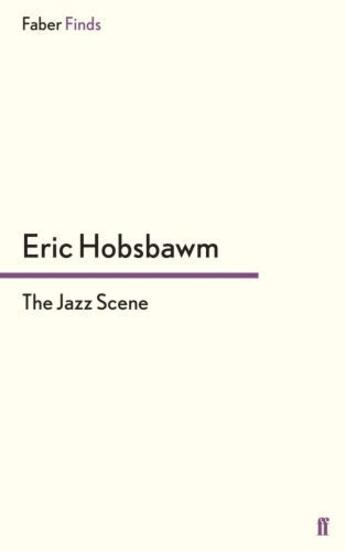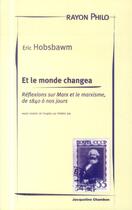-
Nombre de pages : (-)
-
Collection :
(-)
-
Genre :
(-)
-
Thème :
Non attribué
-
Prix littéraire(s) :
(-)
Résumé:
From 1955-65 the historian Eric Hobsbawm took the pseudonym 'Francis Newton' and wrote a monthly column for the New Statesman on jazz - music he had loved ever since discovering it as a boy in 1933 ('the year Adolf Hitler took power in Germany'). Hobsbawm's column led to his writing a... Voir plus
From 1955-65 the historian Eric Hobsbawm took the pseudonym 'Francis Newton' and wrote a monthly column for the New Statesman on jazz - music he had loved ever since discovering it as a boy in 1933 ('the year Adolf Hitler took power in Germany'). Hobsbawm's column led to his writing a critical history, The Jazz Scene (1959). This enhanced edition from 1993 adds later writings by Hobsbawm in which he meditates further 'on why jazz is not only a marvellous noise but a central concern for anyone concerned with twentieth-century society and the twentieth-century arts.' 'All the greats are covered in passing (Louis Armstrong, Billie Holiday), while further space is given to Duke Ellington, Ray Charles, Thelonious Monk, Mahalia Jackson, and Sidney Bechet ... Perhaps Hobsbawm's tastiest comments are about the business side and work ethics, where his historian's eye strips the jazz scene down to its commercial spine.' Kirkus Reviews
Donner votre avis









